Disclosure: This article contains affiliate links. We may earn a commission from purchases at no extra cost to you, which helps our travel content.
As I stepped off the dusty bus in Gabu, Guinea-Bissau's eastern frontier town, I couldn't help but wonder if I'd made a mistake suggesting this destination to the family travelers who follow my blog. Two weeks later, as I watched a group of children—both local and visiting—chase butterflies through golden grasslands while their parents exchanged stories with village elders, I had my answer. Gabu isn't just possible with children; it's transformative. This region, often overlooked even by seasoned West Africa travelers, offers families something increasingly rare: an authentic cultural immersion untouched by mass tourism, where your children can experience a world completely different from their own. Having guided luxury travelers to Lake Como and the Swiss Alps for years, I found Gabu's raw beauty and genuine human connections refreshingly profound. This guide shares how families can navigate this challenging but rewarding destination, turning potential obstacles into opportunities for growth and connection.
Why Guinea-Bissau's Gabu Region Deserves Your Family's Attention
When clients ask me about truly unique family experiences, I rarely suggest West Africa first. Yet after my recent exploration of Guinea-Bissau's eastern frontier, I've found myself reconsidering. Gabu offers what I call 'authentic immersion'—not the manufactured cultural experiences that dominate family tourism, but genuine connection with communities living much as they have for generations.
The region sits at a fascinating crossroads of cultures. Predominantly Muslim with significant Fula, Mandinka, and Balanta populations, Gabu presents a tapestry of traditions that have remained largely intact despite the country's complex colonial history. Unlike neighboring Senegal's more developed tourist infrastructure, Guinea-Bissau requires more effort but rewards families with experiences they'll discuss for decades.
What makes Gabu particularly special for families is the warm reception children receive. While adults might face language barriers, children connect through universal languages of play, curiosity, and laughter. I watched as a 10-year-old British boy was taught traditional wrestling moves by local children, communication flowing effortlessly despite not sharing a single word of vocabulary.
The region's natural attractions complement its cultural wealth. The Corubal River creates a verdant corridor through otherwise arid landscapes, while the nearby Dulombi-Boe National Park (though requiring special arrangements to visit) offers wildlife viewing opportunities that, while not as spectacular as East African safaris, feel more intimate and undiscovered.
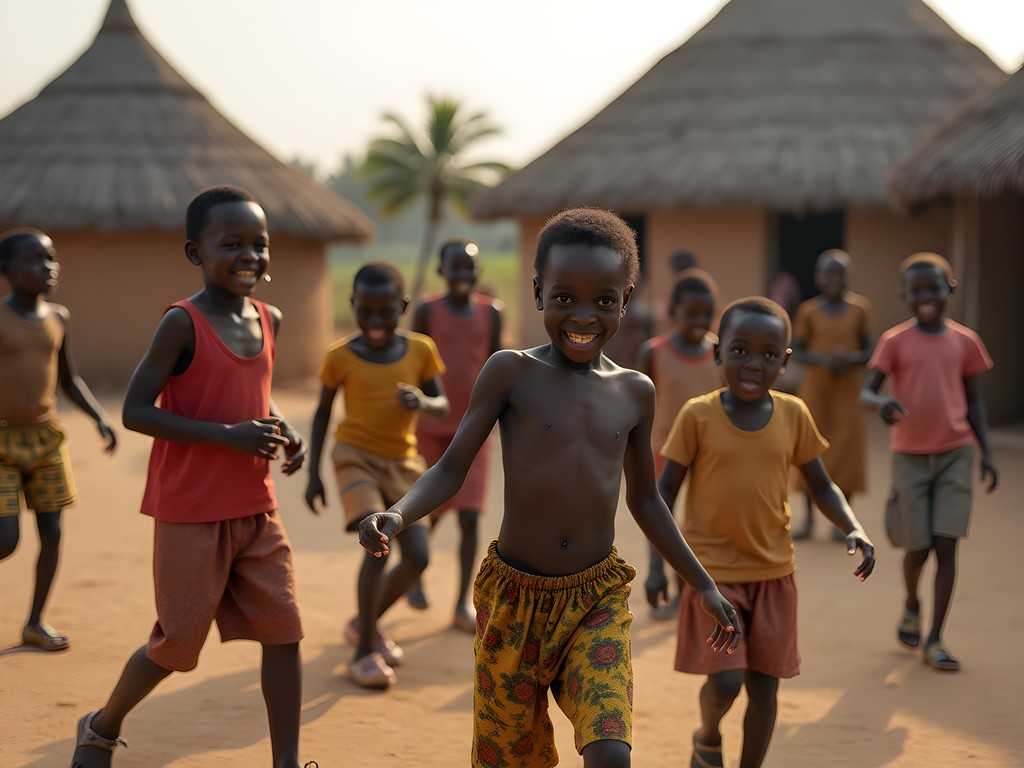
💡 Pro Tips
- Learn basic Creole or Portuguese phrases—even simple greetings earn tremendous goodwill
- Bring photos of your home and family to share—they're conversation starters across language barriers
- Pack small gifts like solar-powered toys or educational materials for community schools
Planning Your Family's Gabu Adventure
When I first mentioned Guinea-Bissau to my agency colleagues in Bristol, their reactions ranged from blank stares to concerned questions about safety. Let me be clear: planning a family trip to Gabu requires more preparation than your typical European getaway, but the logistical challenges are surmountable with proper groundwork.
First, timing is crucial. I recommend visiting between November and May during the dry season when rural roads remain passable and mosquito populations are lower. My June visit pushed the boundaries of comfort with occasional downpours transforming dirt tracks into challenging muddy passages.
Second, consider your accommodation expectations carefully. Gabu town offers several basic but clean guesthouses, with Hotel Karsa standing out for its reliable electricity and surprisingly decent Wi-Fi. For families, I recommend booking connecting rooms or arranging for extra beds. Outside the main town, accommodation becomes more basic—think community guesthouses with limited facilities but incomparable cultural immersion.
Third, transportation requires careful planning. I arranged a driver and 4WD vehicle through a Bissau-based tour operator for my two-week exploration. While this represents a significant portion of your budget (expect $80-100 daily), reliable transportation is non-negotiable with children. A sturdy travel backpack proved invaluable for carrying my friend's toddler through villages and on short hikes.
Finally, health preparations demand attention. Beyond the standard yellow fever vaccination required for entry, consult a travel health specialist about malaria prophylaxis, typhoid, and other recommended precautions. My water purifier was used daily, eliminating the need for countless plastic water bottles while ensuring safe drinking water.
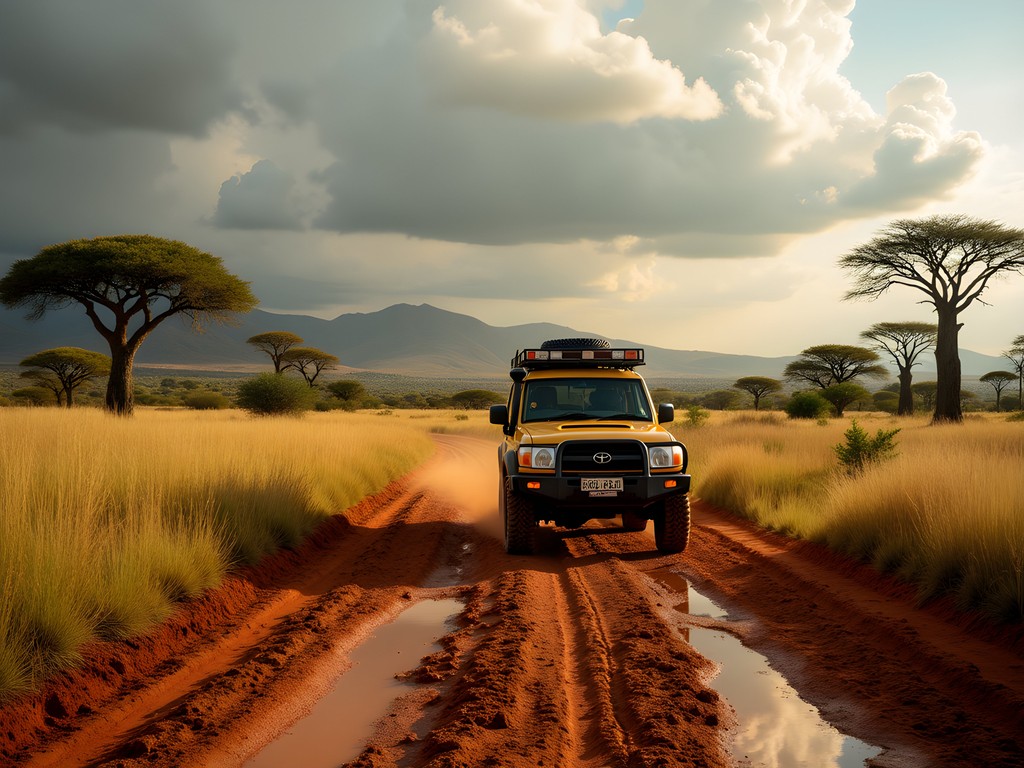
💡 Pro Tips
- Book accommodations through a Bissau-based agency rather than online for better rates and accurate expectations
- Bring twice the medication you think you'll need—pharmacies are limited outside Bissau
- Consider hiring a local guide/translator in Gabu town for deeper cultural connections
Cultural Immersion: Connecting Your Children with Gabu Communities
My most treasured memories of Gabu center around cultural exchanges that felt genuine rather than performative. Unlike destinations where cultural demonstrations feel staged for tourists, interactions here arise organically and require a certain comfort with spontaneity.
In the village of Pitche, about an hour from Gabu town, I was invited to a naming ceremony after simply expressing interest in local traditions. What followed was a day-long celebration where families visiting with me were incorporated into festivities, their children adorned with traditional fabrics and included in dances. These moments can't be scheduled or guaranteed, but approaching communities with respect and genuine interest often leads to invitation.
For more structured experiences, arrange visits to local schools through your guide. Bringing educational supplies creates natural opportunities for interaction. One family I met had packed a polaroid camera which became a magnificent bridge between cultures—they took photos of local children and families, giving them as gifts and creating immediate connections.
Market days provide another window into local life. Gabu's main market operates daily but reaches peak activity on Thursdays when rural farmers bring their produce. Children are fascinated by the variety of unfamiliar fruits, handcrafts, and the general sensory experience. I suggest giving older children a small budget to practice negotiation (with translation help) and select their own souvenirs.
Food becomes an adventure in itself. While picky eaters might struggle, many children embrace the chance to try new flavors. Rice forms the base of most meals, topped with various stews featuring fish, chicken, or occasionally goat. Fresh tropical fruits provide familiar options for hesitant eaters. Participating in a cooking lesson—something I arranged through my guesthouse—offers children hands-on cultural learning they'll value long after returning home.
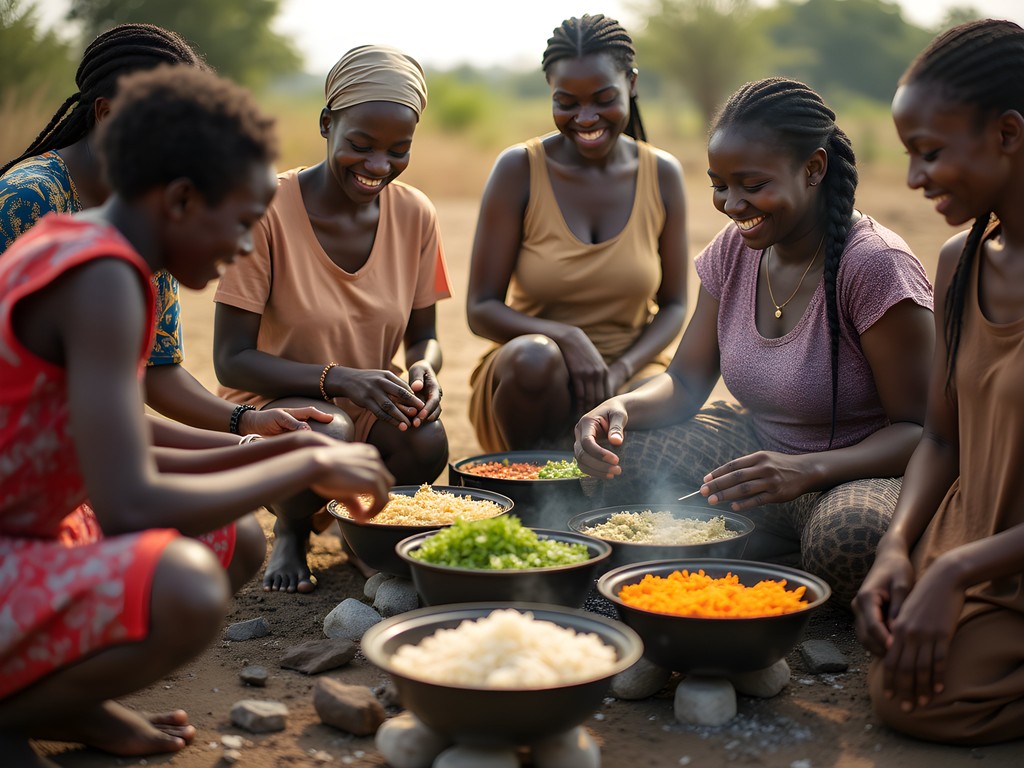
💡 Pro Tips
- Dress modestly in rural villages—shoulders covered and knees-length bottoms for everyone regardless of age
- Always ask permission before photographing people, especially children
- Bring small denomination euros for market purchases (more widely accepted than local currency in rural areas)
Natural Wonders: Wildlife and Landscape Experiences for Families
While Gabu won't compete with East Africa's famous safari circuits, its natural attractions offer something different: intimate wildlife encounters without another tourist in sight. The region sits at an ecological transition zone where savannah meets forest, creating diverse habitats that reward patient observers.
The Corubal River forms a natural southern boundary of the region and provides excellent bird-watching opportunities. On an early morning canoe excursion arranged through a local guide, we spotted herons, kingfishers, and fish eagles within minutes. Children were mesmerized by hippo sightings—safely from a distance—and the experience of gliding silently through morning mist. I recommend the compact binoculars which performed admirably in the challenging light conditions while being lightweight enough for children to handle.
For families with older children and teens, the multi-day trek to Dulombi-Boe National Park represents Gabu's ultimate adventure. This requires advance permits and a specialized guide, but rewards with sightings of primates, antelopes, and occasionally elephants that migrate through the region. Be prepared for basic camping conditions—this is genuine wilderness without facilities.
More accessible is the sacred forest outside Pitche village, where a half-day guided walk introduces children to medicinal plants, local conservation practices, and cultural beliefs about nature. Our guide demonstrated traditional tracking techniques, teaching children to identify animal prints and signs that would have remained invisible to untrained eyes.
What makes these experiences special isn't necessarily the wildlife checklist—though we did see impressive species—but the context. Your children learn about animals and ecosystems through local knowledge systems that have sustained communities for generations, offering perspectives rarely found in conventional nature tourism.
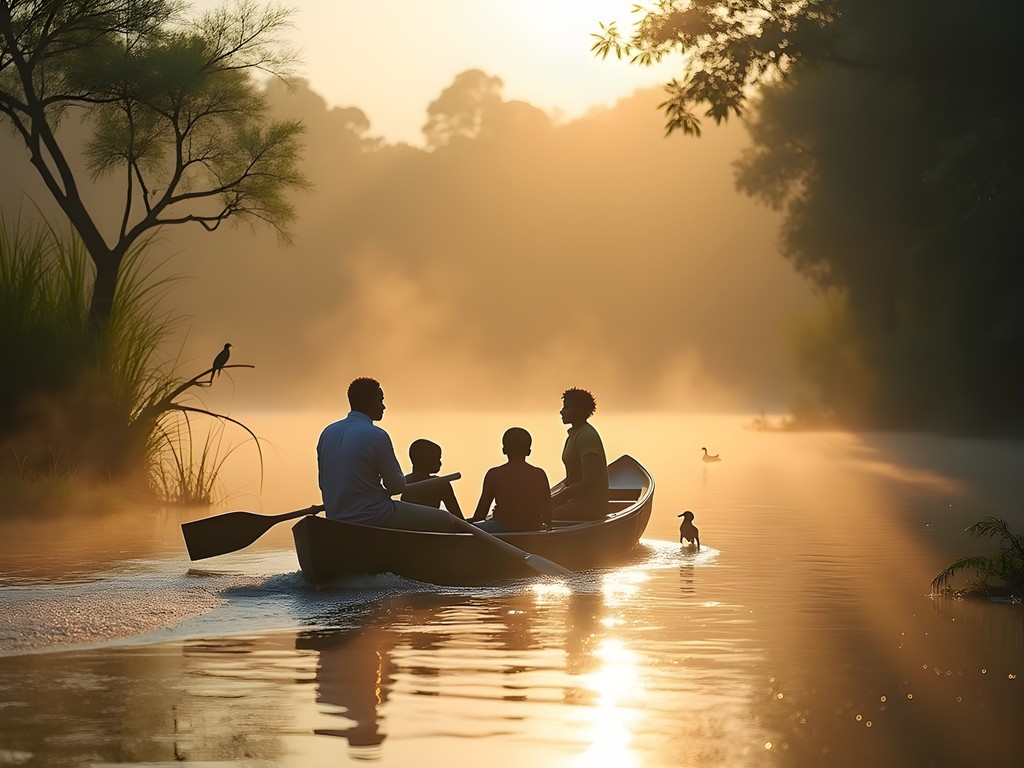
💡 Pro Tips
- Pack long-sleeved, lightweight clothing in neutral colors for wildlife viewing
- Bring high-quality insect repellent for dawn and dusk activities when wildlife is most active
- Create a nature journal for children to record observations and collect (permitted) natural specimens
Overcoming Challenges: Making Gabu Work for Families
I won't sugarcoat it: traveling Guinea-Bissau's eastern region with children presents genuine challenges. However, with proper preparation and mindset, these very challenges become powerful learning opportunities for families seeking deeper travel experiences.
Healthcare access represents the primary concern for most parents. Gabu town has a basic hospital, but facilities are limited compared to Western standards. For peace of mind, I recommend two preparations: first, a comprehensive travel medical kit with antibiotics and anti-diarrheal medications prescribed by your doctor before departure; second, medical evacuation insurance that covers transportation to Dakar, Senegal where better facilities exist.
Communication barriers extend beyond language—though having a guide who speaks Portuguese, Creole, and local languages is essential. Digital connectivity is spotty outside Gabu town, requiring adjustment for families accustomed to constant connection. I suggest embracing this digital detox while maintaining basic safety communication through a portable satellite messenger for emergency situations.
Sanitation standards differ significantly from Western norms. Prepare children in advance for squat toilets, bucket showers, and other unfamiliar facilities. In my experience, children adapt remarkably quickly when parents model positive attitudes rather than disgust or frustration.
Food safety requires vigilance without paranoia. Stick to thoroughly cooked foods, peeled fruits, and purified water. I found that most stomach issues among travelers resulted not from local cuisine itself but from accidental contamination through unwashed hands or water exposure.
Perhaps the greatest challenge is mental rather than physical—adapting to a different pace and concept of time. Plans change, arrangements evolve, and flexibility becomes your greatest asset. Families who approach Gabu with rigid expectations inevitably face frustration, while those embracing the journey's unpredictability discover its greatest gifts.
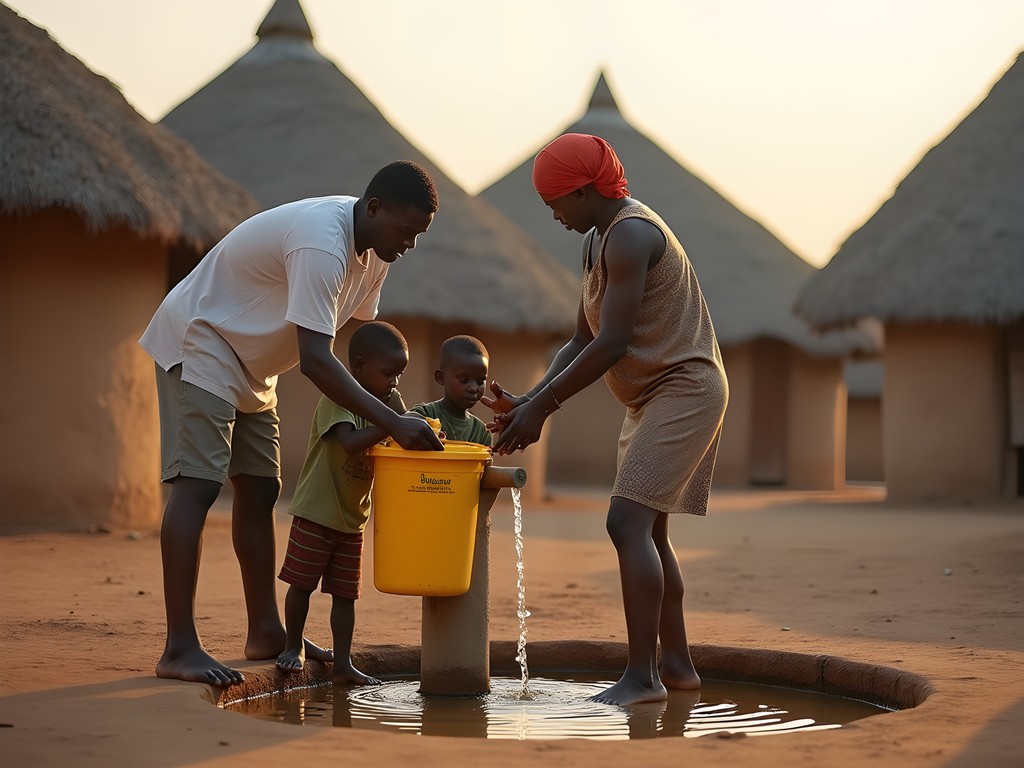
💡 Pro Tips
- Create a family signal for when someone needs a break from cultural immersion
- Pack comfort items that create familiar bedtime routines for children regardless of location
- Establish clear hand-washing protocols that become second nature for everyone
Final Thoughts
As our final evening in Gabu arrived, I watched a spectacular sunset paint the savannah gold while children—both visitors and locals—played an impromptu football match nearby. The real magic of bringing your family to Guinea-Bissau's eastern frontier isn't found in conventional tourist attractions but in these unscripted moments of connection. Your children will likely remember the friend who taught them to weave grass bracelets long after they've forgotten the wildlife checklist. They'll carry the experience of genuine human connection across perceived boundaries into their future worldview. While Gabu demands more from traveling families—more preparation, more flexibility, more cultural sensitivity—it returns these investments tenfold in authentic experiences increasingly rare in our hyperconnected world. If you're ready to trade predictability for discovery and comfort for growth, Gabu awaits your family's footprints on its red earth paths.
✨ Key Takeaways
- Family travel to remote destinations builds resilience and perspective that serves children throughout life
- Cultural immersion happens most meaningfully through child-to-child connections across language barriers
- The challenges of Gabu travel become its greatest gifts when approached with flexibility and positive attitudes
- Two weeks allows sufficient time to move beyond tourist experiences into genuine community connection
📋 Practical Information
Best Time to Visit
November through early May (dry season)
Budget Estimate
$2,500-3,500 per person for 2 weeks (excluding international flights)
Recommended Duration
Minimum 10 days, ideally 2 weeks
Difficulty Level
Challenging
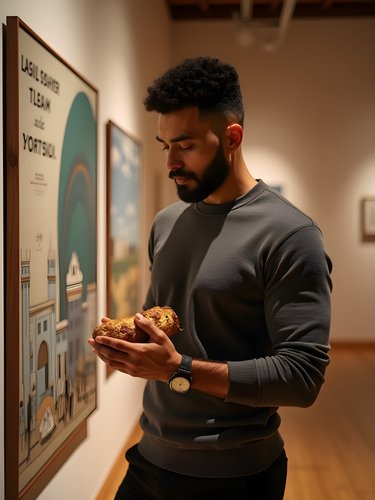
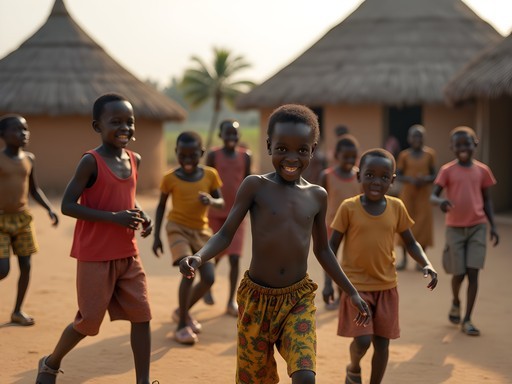
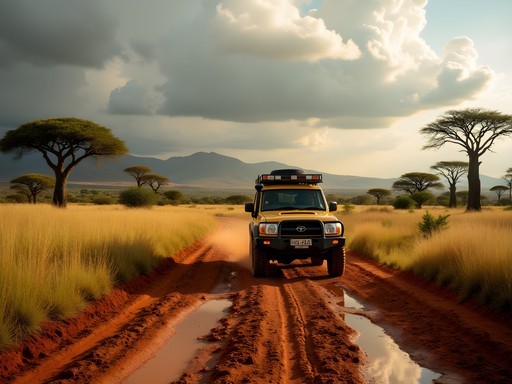
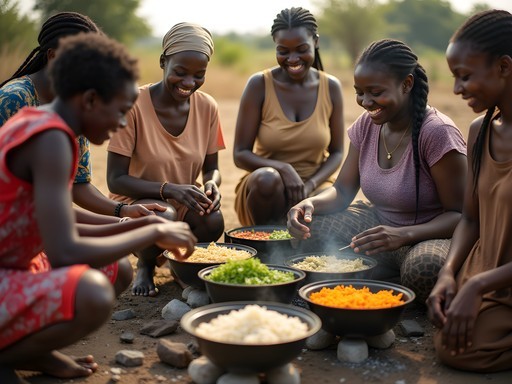
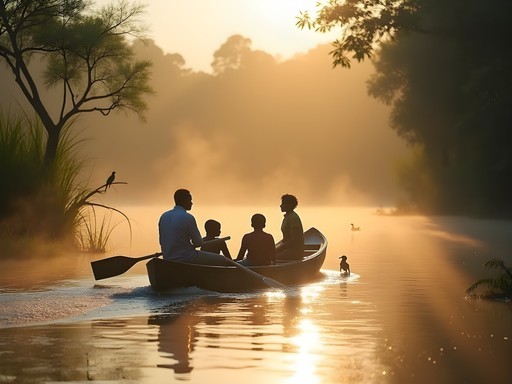
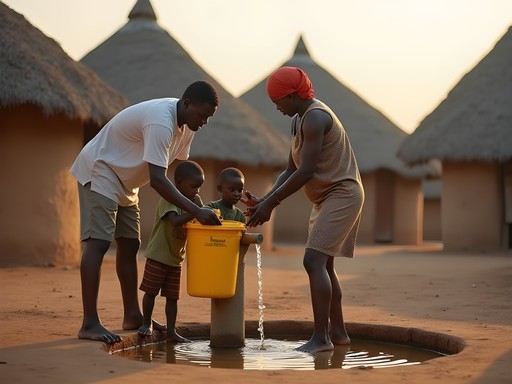


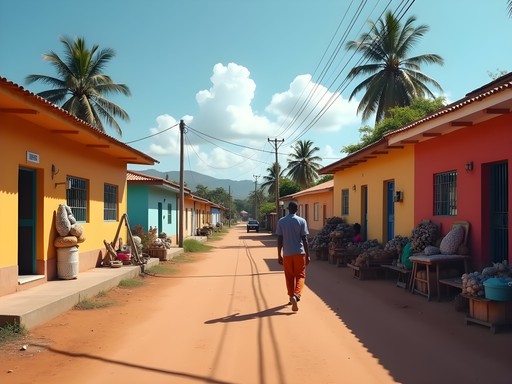
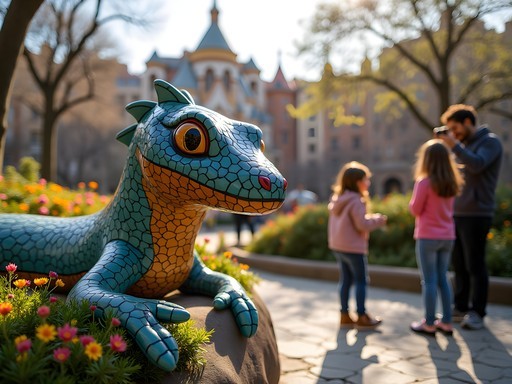
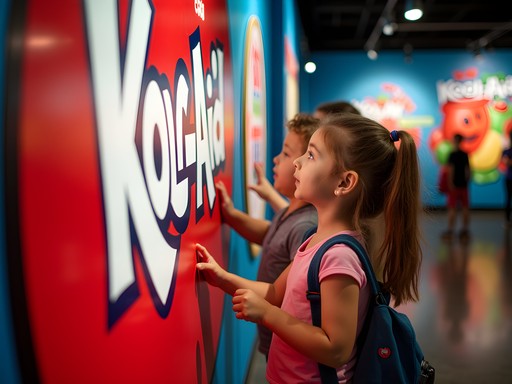
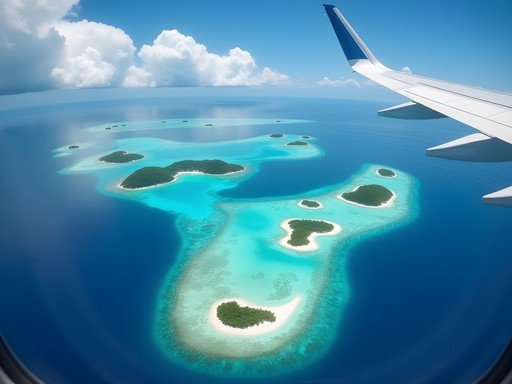
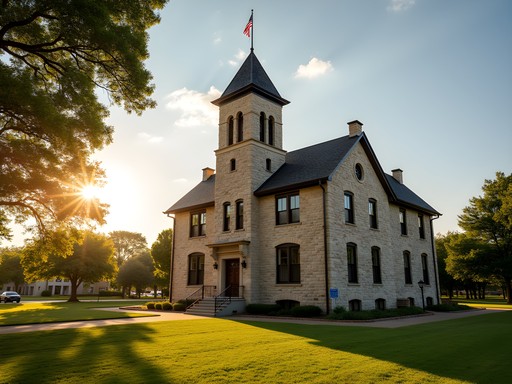
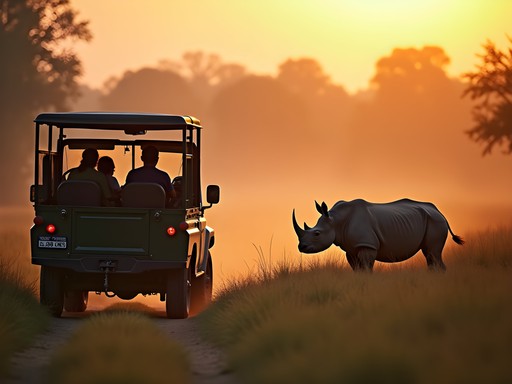


Comments
Douglas Bradley
This post addresses something I've been advocating for years - the importance of exposing children to cultures fundamentally different from their own. The Gabu region offers precisely the kind of immersive experience that builds true global citizens. I particularly appreciated your practical suggestions for facilitating meaningful interactions between visiting children and local communities. The language cards you mentioned are brilliant. One question: did you notice any sustainable tourism initiatives in the region? I'm researching community-based tourism models in West Africa for an upcoming project.
Timothy Jenkins
Thanks Douglas! There's a small community tourism initiative starting in the village of Pitche, about 30km from Gabu town. A local association is training families to host visitors and offer cultural activities, with proceeds funding a school. Very grassroots but promising. I can email you the contact if you're interested.
Douglas Bradley
That would be extremely helpful, Timothy. Please do send it over. These small-scale initiatives often provide the best models for truly sustainable tourism development.
redguide
Love seeing content about West Africa! More please!
islandone
We just returned from a 2-week trip through Guinea-Bissau with our teenagers, and Gabu was definitely a highlight! The homestay you recommended with the Fula family was incredible - my kids are still talking about learning to make traditional food and herding goats (something they never imagined doing). One thing we weren't prepared for was how spotty mobile coverage would be. Worth mentioning to anyone planning a trip that downloading offline maps and translation tools beforehand is essential. Also, the market day on Wednesday was absolutely incredible - don't miss it if your timing works out!
Timothy Jenkins
So glad to hear the homestay worked out! And excellent point about the offline maps - I should update the post with that tip.
Jean Wells
Timothy, I appreciate your honest assessment of Gabu's suitability for family travel. Too often travel bloggers paint unrealistically rosy pictures of challenging destinations. Your section on managing expectations regarding accommodations was particularly valuable. I visited the region last year (solo) and would add that families should bring plenty of offline entertainment for the evenings as power outages are common. My solar charger was indispensable. The cultural richness more than compensates for the infrastructural limitations.
skyexplorer
I've been looking for off-the-beaten-path destinations for our next family trip. The kids are getting bored of the usual tourist spots. Did you find enough activities to keep children engaged for a full week? We're thinking of combining it with Senegal.
wanderlustace4054
Not the author, but we combined Guinea-Bissau with Senegal and it worked perfectly! The contrast between the two countries was educational for our kids. Just be prepared for slow border crossings.
exploreseeker
How did you handle transportation between villages? Was it easy to arrange local guides?
Timothy Jenkins
Transportation between villages usually involved shared taxis or motorcycle taxis (if you're comfortable with that). For guides, I arranged everything through our guesthouse in Gabu town - most accommodation owners have reliable contacts. Didn't need to book in advance.
triptime3628
OMG thank you for highlighting places that aren't on everyone's radar!!! Saving this for future trip planning! Those sunset photos are INCREDIBLE! 😍
wanderlustace4054
We just got back from Guinea-Bissau (though we didn't make it to Gabu) and I wish I'd seen this post before our trip! The cultural immersion section really resonates - our kids still talk about the impromptu dance lessons they got in a small village. One tip for families: bring small gifts for local children like pencils or small toys. It created such beautiful moments of connection despite the language barrier.
happyadventurer
This looks amazing! How safe would you say Gabu is for families with younger kids (mine are 5 and 7)? Any specific health precautions we should take?
Timothy Jenkins
Gabu is quite safe for families! The locals are incredibly welcoming to children. Health-wise, make sure you're up to date on routine vaccines plus yellow fever. Malaria prevention is essential - we used mosquito nets and repellent religiously. Bring a basic medical kit and purification tablets for water. The regional hospital is basic but can handle minor issues.
happyadventurer
Thanks so much for the quick response! Will definitely pack accordingly.
Kimberly Murphy
Timothy, this is EXACTLY the kind of content I've been craving! Guinea-Bissau has been on my radar for ages but finding family-friendly information has been near impossible. I trekked through parts of Gabu last year and was blown away by the landscape, but I was hesitant to recommend it to my followers with children. Your section on connecting with local communities is spot on - that cultural exchange is invaluable for kids! One tip for anyone heading there: bring polaroid-style cameras if you can. I brought my instant camera and giving instant photos to families we met created the most beautiful connections. Those moments when local kids saw themselves in print for the first time were absolutely magical. Can't wait for your next off-path destination!
Venture X
Premium card with 2X miles, $300 travel credit, Priority Pass